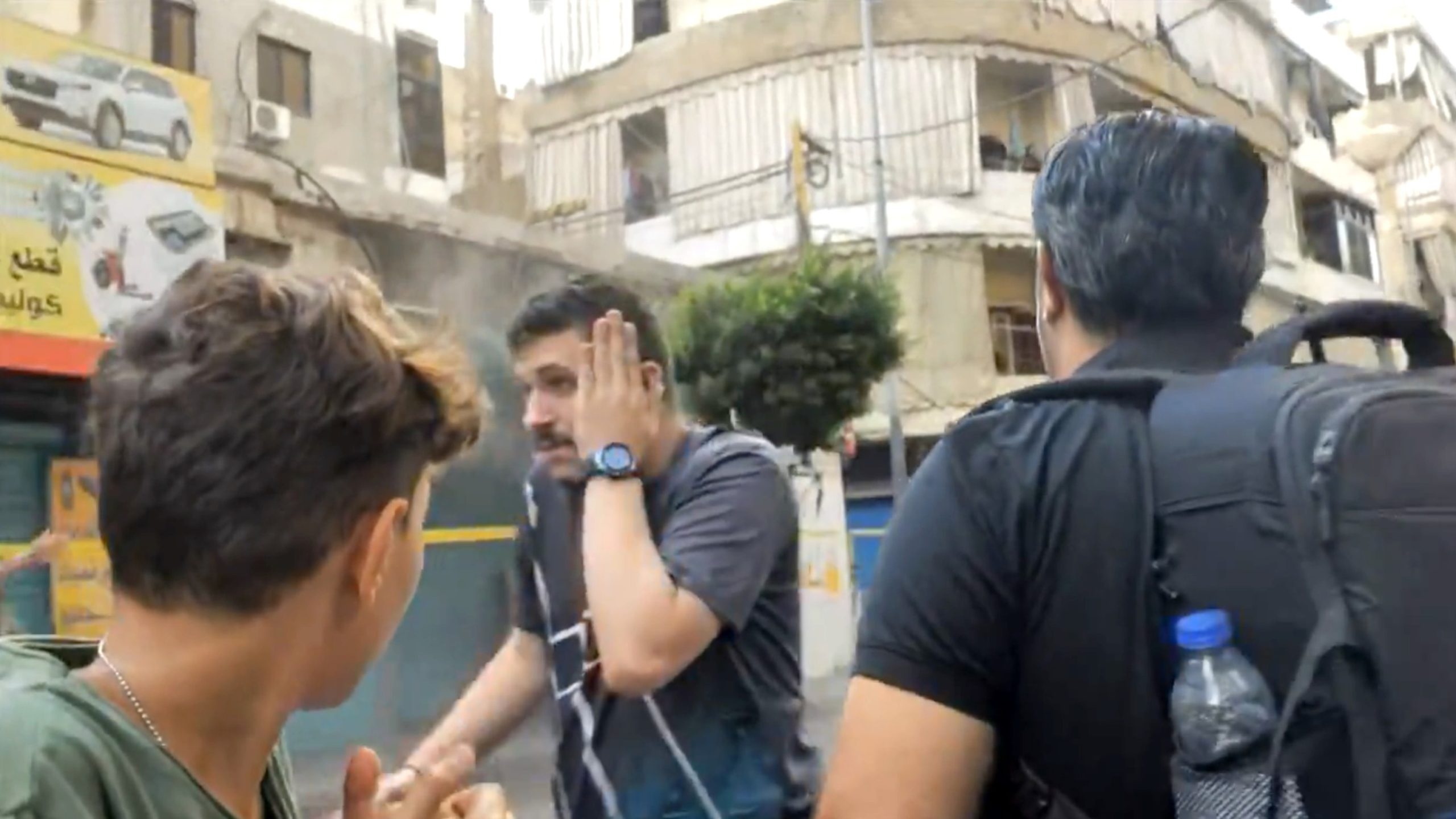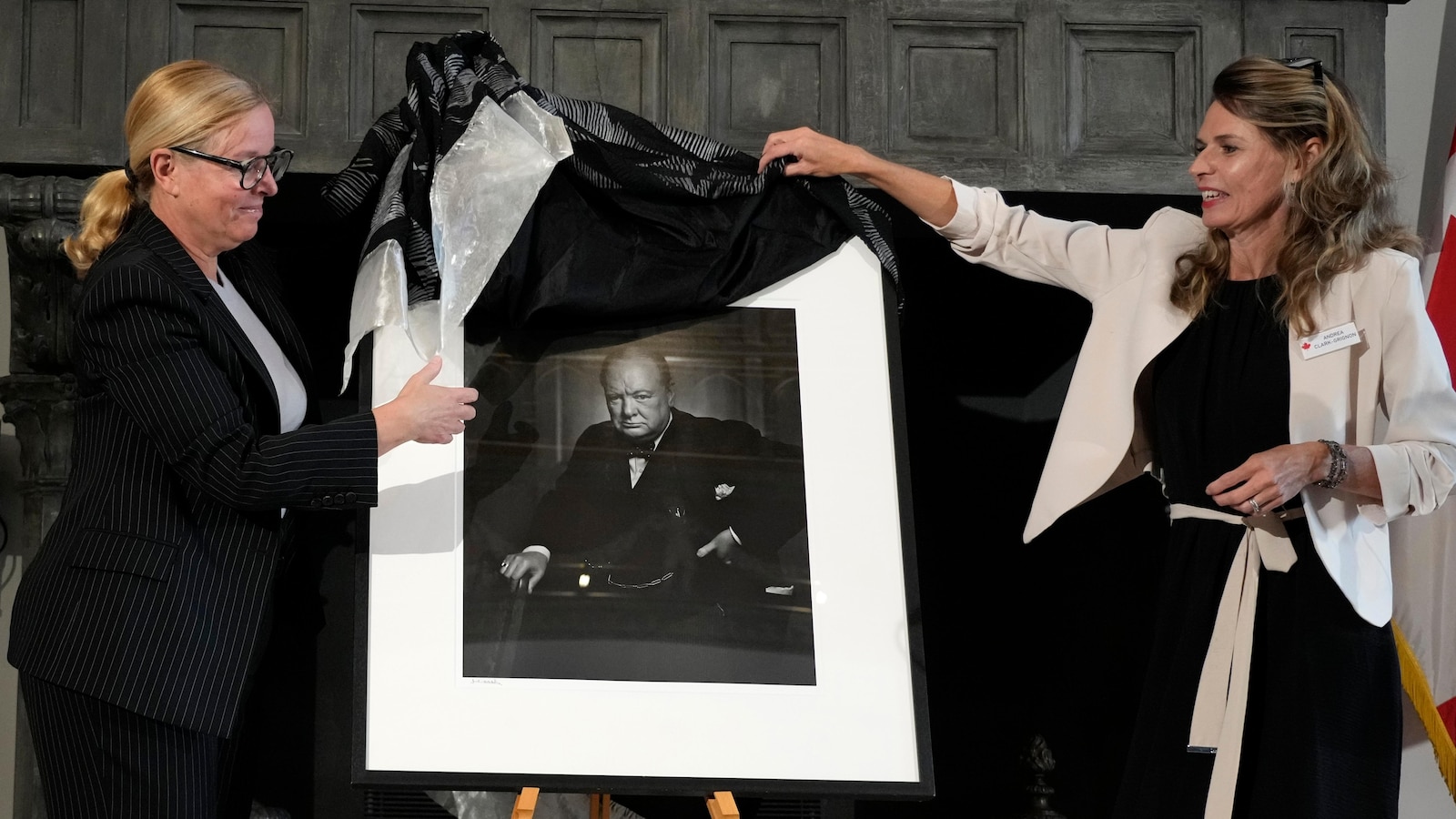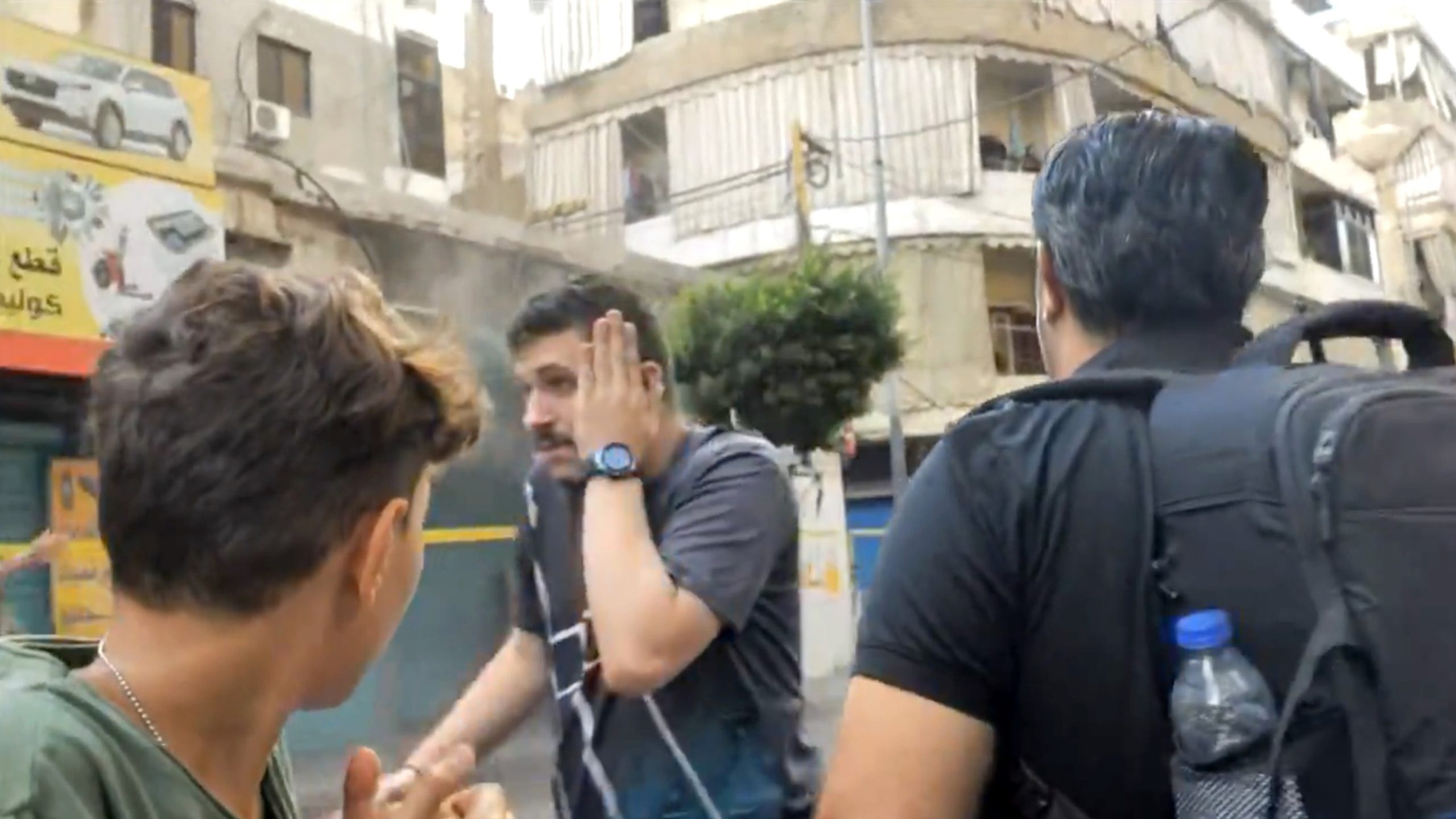
The Kremlin says it has “no worries” about President Vladimir Putin’s upcoming visit to Mongolia, a county that is a member of the International Criminal Court, which last year issued a warrant for his arrest.
The visit, scheduled for Sept. 3, will be Putin’s first trip to an ICC member state since the warrant was issued in March 2023 over suspected war crimes in Ukraine.
Under the court’s founding treaty, the Rome Statute, ICC members are bound to detain suspects for whom an arrest warrant has been issued by the court if they set foot on their soil.
But the court doesn’t have any enforcement mechanism. In a famous case, then-Sudanese President Omar al-Bashir wasn’t arrested in 2015 when he visited South Africa, which is a member of the court, sparking angry condemnation by rights activists and the country’s main opposition party.
Putin spokesperson Dmitry Peskov, who previously stressed that Russia doesn’t recognize the jurisdiction of the ICC, told reporters during his daily conference call Friday that the Kremlin has “no worries” about the upcoming trip: “We have a wonderful dialogue with our friends from Mongolia,” he said.
According to a statement released by the Kremlin on Thursday, Putin will travel to Mongolia at the invitation of President Ukhnaa Khurelsukh “to participate in the ceremonial events dedicated to the 85th anniversary of the joint victory of the Soviet and Mongolian armed forces over the Japanese militarists on the Khalkhin Gol River.” Putin will also hold talks with Khurelsukh and other top Mongolian officials, the statement said.
The ICC has accused Putin of personal responsibility for the abductions of children from Ukraine, where Moscow has fought a devastating war for the last 2½ years.
It was the first time the global court has issued a warrant against a leader of one of the five permanent members of the U.N. Security Council. The ICC said in a statement that Putin “is allegedly responsible for the war crime of unlawful deportation of (children) and that of unlawful transfer of (children) from occupied areas of Ukraine to the Russian Federation.”
The court also indicted Putin’s children’s rights envoy, Maria Lvova-Belova, on the same charges, and later issued arrest warrants for former Defense Minister Sergei Shoigu and chief of the general staff Gen. Valery Gerasimov on the charges of war crimes and the crime against humanity of inhumane acts.
Russia isn’t a member of the court, doesn’t recognize its jurisdiction and refuses to hand over suspects. Officials have dismissed the warrants as “null and void.”
Putin hasn’t traveled to ICC member states since the arrest warrant was issued. He skipped a summit of the BRICS bloc of developing economies last year in South Africa.
South Africa lobbied Moscow for months for Putin not to attend to avoid the diplomatic fallout since the country is an ICC member, and ultimately announced the countries had reached a “mutual agreement” that Putin would not attend a meeting he’s normally a fixture at. The Kremlin said Putin had decided not to attend in person. He instead took part in the summit in Johannesburg by video link, during which he launched a tirade against the West.
Last, year, the Kremlin also bristled at old ally Armenia over its decision to join the ICC, adding to the growing tensions between the two countries. Armenian officials, however, quickly sought to assure Russia that Putin wouldn’t be arrested if he entered the country.
___
Follow the AP’s coverage of the war at https://apnews.com/hub/russia-ukraine
Russian officials have stated that the Kremlin is unconcerned about President Vladimir Putin’s upcoming visit to Mongolia, despite an International Criminal Court (ICC) warrant issued for his arrest. The warrant, which was issued in response to Russia’s military actions in Ukraine, has raised concerns about the potential legal implications for Putin’s international travel.
However, Russian officials have downplayed the significance of the ICC warrant, stating that it is a politically motivated move by Western countries to undermine Putin’s leadership. They have emphasized that Russia does not recognize the jurisdiction of the ICC and therefore does not consider the warrant to be legally binding.
The Kremlin has also pointed out that Mongolia is not a signatory to the Rome Statute, which established the ICC, and therefore does not have any legal obligation to enforce the warrant. This means that Putin is unlikely to face any legal consequences for his visit to Mongolia, despite the warrant hanging over his head.
In addition, Russian officials have highlighted the importance of maintaining diplomatic relations with Mongolia, which has historically been a close ally of Russia. They have stressed that Putin’s visit is aimed at strengthening bilateral ties and promoting cooperation in areas such as trade, energy, and security.
Overall, the Kremlin’s apparent lack of concern about the ICC warrant reflects Russia’s defiance of international legal norms and its determination to protect Putin from any potential legal repercussions. Despite the controversy surrounding his visit to Mongolia, Putin is likely to proceed with his trip without fear of arrest or prosecution.


